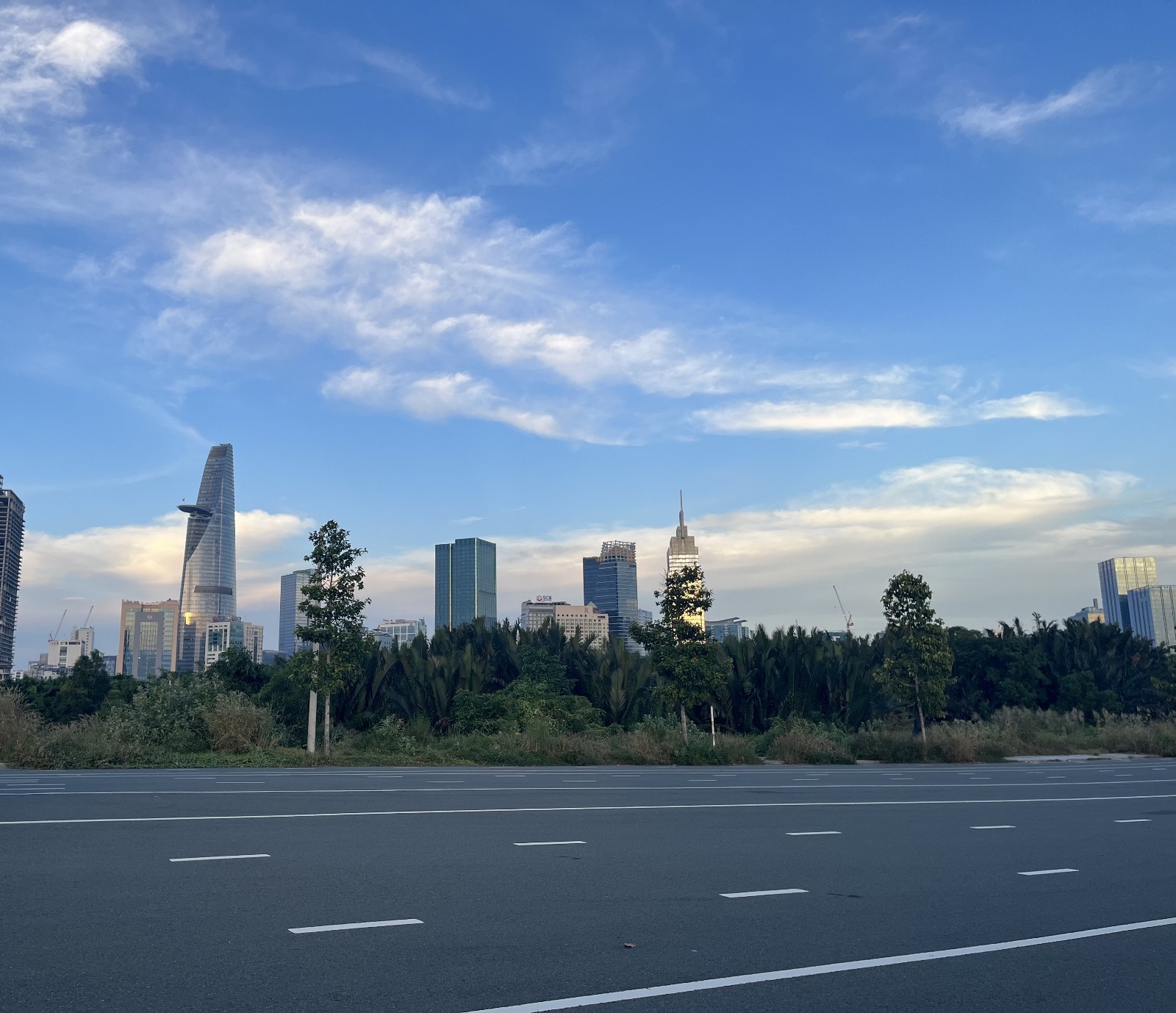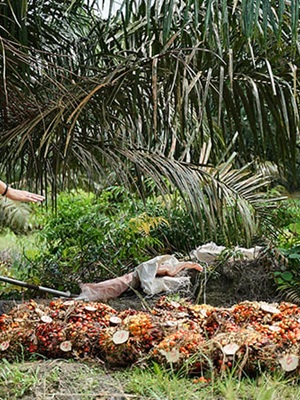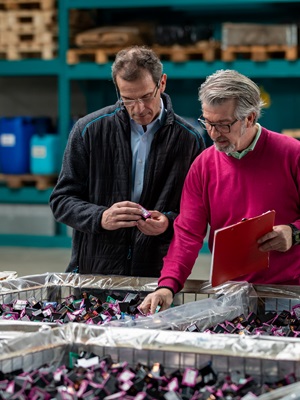The global supply chain is undergoing significant changes due to the post-COVID economy and economic downturn. Vietnam is in a good position to benefit from these changes. However, are there challenges for businesses of all sizes in the supply chain, or will these challenges lead to positive outcomes like diamonds under pressure?
Apart from the focus on quality in economic trade, human rights and environmental concerns have become important in supply chain management. An example is the concept or term of "sustainable development," which has gained popularity. It is remarkable to note that this term was first introduced over 30 years ago in the Brundtland Report, officially known as Our Common Future, published by the United Nations in October 1987.
So, what is sustainable development? It refers to lasting strength built on a solid foundation, focusing on people and the environment to promote social progress. By taking responsibility for the environment and people, social development is fostered, leading to sustainable growth.
In order to ensure global sustainable development, numerous pivotal agreements, laws, and policies have been enacted and enforced by organizations, both local and international. These include:
1. The UN Global Compact Sustainable Development Goals (SDGs): Comprising 17 goals and 169 accompanying targets, the SDGs are slated for implementation from 2015 to 2030.
2. The Paris Agreement on Greenhouse Gases under the UN Framework Convention on Climate Change (UNFCCC).
3. The EU Directive 2014/95/EU on Non-Financial Reporting: This directive mandates businesses to furnish reports encompassing financial and sustainable development aspects.
4. The Global Reporting Initiative (GRI): An influential global entity that has formulated crucial standards for financial reporting and sustainable development, aiding businesses worldwide in assessing and discerning their environmental and societal impacts.
5. The OECD Principles of Corporate Governance: These principles serve as a compendium of guidelines on corporate governance, encompassing stipulations on social responsibility and sustainable development. They are universally applicable to businesses and are instrumental in evaluating and comparing the managerial efficacy of corporate entities. Notable examples include the OECD Due Diligence Guidance for Responsible Supply Chains in the Garment and Footwear Sector.
Hence, businesses operating within the supply chain shall set up their growth strategies on goals, standards, and operational scope to craft tailored development blueprints for their enterprises.
Vietnam has implemented strategies to support businesses and attract investments towards the overarching objective of sustainable development for the nation. A testament to this commitment is Vietnam's pledge, alongside nearly 150 nations, to achieve net-zero emissions by mid-century. Additionally, over 100 countries have vowed to reduce global methane emissions by 2030, while more than 140 nations have endorsed the Glasgow Declaration on forest and land use. Furthermore, Vietnam has joined hands with 48 countries in the Global Declaration on Transitioning Coal to Clean Energy and united with 150 countries in the Global Adaptation Alliance.

On October 1, 2021, Decision 1658/QD - TTG sanctioned the national strategy on Green Growth for the period 2021 - 2030, with a vision extending to 2050. Key actions outlined in this strategy encompass:
1. Implementation of Green Levies in Vietnam aimed at curbing emissions and fostering the adoption of renewable energy sources.
2. Operationalization of waste-to-energy plants, which convert waste into energy.
3. The 2023 national digital transformation program, designed to streamline business regulations and simplify administrative procedures concerning citizens and businesses. Notably, in June 2023, Quang Ninh province issued an investment certificate for two enterprise projects totaling nearly $250 million in just 12 working hours from the submission of the online application through the province's public service portal, significantly reducing the processing time by 14 working days compared to regulations.
4. Promotion of green building practices in urban and industrial settings as a pivotal measure for sustainable economic progress
5. Establishment of a set of green growth statistical indicators for pertinent businesses.
Moreover, plans are underway to convene a high-level forum on Green Growth in Binh Duong in 2024.
Vietnam has shown strong commitment in working towards the goals of sustainable economic growth. Although obstacles remain ahead, Vietnam continues to be determined in developing strategies and allocating resources to achieve sustainable development objectives for the years 2021 to 2030.
Posted 26/03/2024

















1 years ago
Thanks for giving us useful information about Vietnam’s commitment on sustainability development.